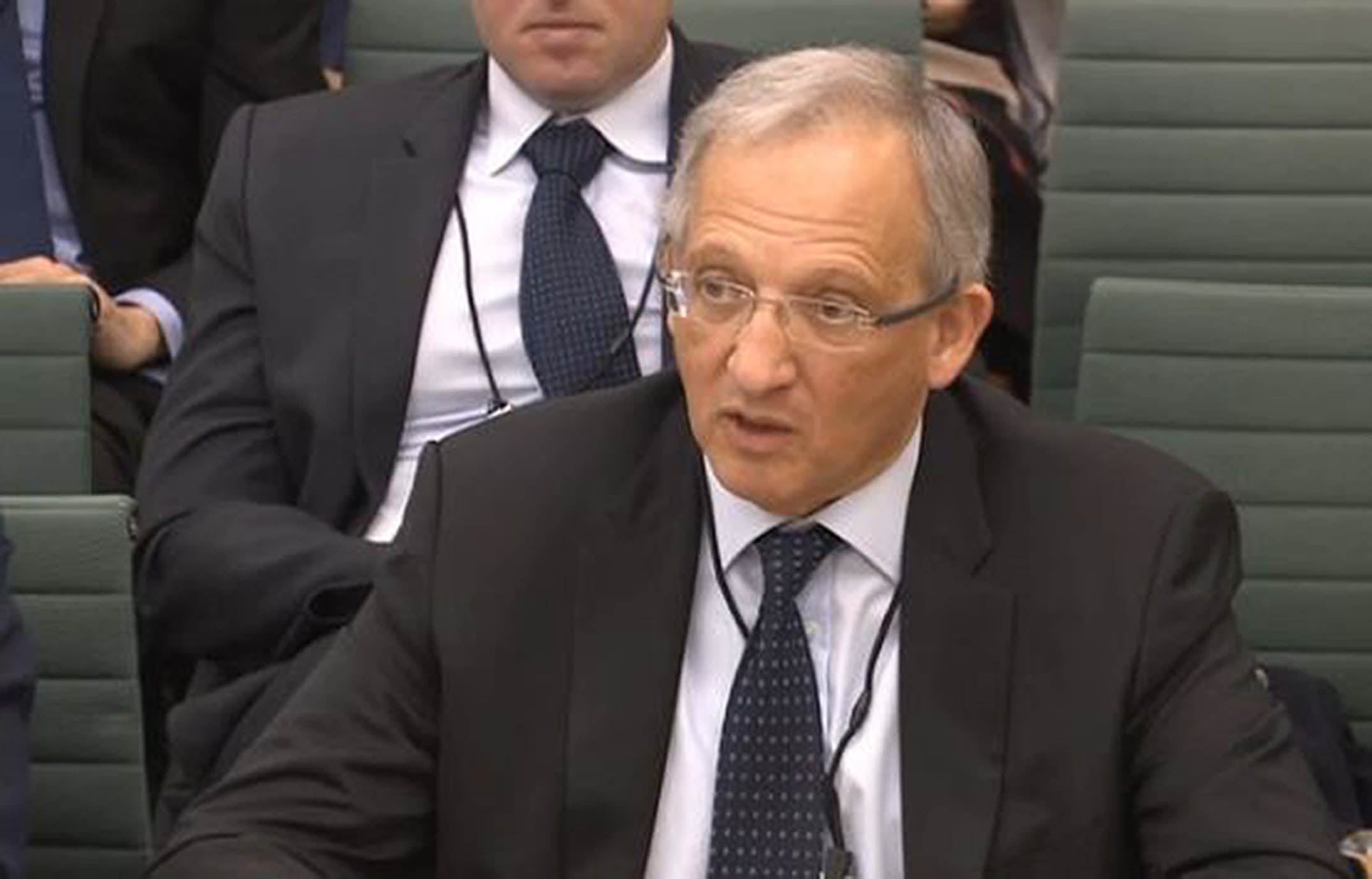Bank digital money could help drag international payments out of the 1950s
The Bank of England is exploring whether it makes sense to introduce its own digital cash.

Your support helps us to tell the story
From reproductive rights to climate change to Big Tech, The Independent is on the ground when the story is developing. Whether it's investigating the financials of Elon Musk's pro-Trump PAC or producing our latest documentary, 'The A Word', which shines a light on the American women fighting for reproductive rights, we know how important it is to parse out the facts from the messaging.
At such a critical moment in US history, we need reporters on the ground. Your donation allows us to keep sending journalists to speak to both sides of the story.
The Independent is trusted by Americans across the entire political spectrum. And unlike many other quality news outlets, we choose not to lock Americans out of our reporting and analysis with paywalls. We believe quality journalism should be available to everyone, paid for by those who can afford it.
Your support makes all the difference.A digital form of money issued by the Bank of England and its counterparts around the world could help pull cross-border payments out of the 1950s and into the modern age, a senior bank official has said.
Sir Jon Cunliffe, deputy governor for financial stability, said international payments are slow, and a so-called central bank digital currency (CBDC) could help speed them up.
“At the moment cross-border payments are slow, unreliable and expensive. They’re stuck somewhere between the 1960s and the 1950s, I’m not sure exactly where,” he said.
Sir Jon said other new technology could also improve international payment systems.
“There are different parts of that. One is the correspondent banking system, which is the oldest part … which we can improve a lot without a central bank digital currency,” he told members of the Lords Economic Affairs Committee.
“A central bank digital currency used between participants might well improve that, and some of the proposals that we’re working with, and the idea of omnibus accounts, would actually allow that to happen,” he said.
“But of course a number of jurisdictions would have to agree.
“There are a number of proposals … which would improve the transition of retail payments particularly, using existing technology. Because even if CBDCs are introduced, they’re not going to come in worldwide for quite a few years.
“My guess is that the answer is going to be a mix of upgrading some of the existing technologies, using some of the opportunities of the newer ones that are just coming into place, and actually developing some of the ones that are on the horizon, which is CBDC
“But there’s a lot we can do on international payments without CBDC.”
Sir Jon also questioned the tendency to call the system a currency, rather than just a type of digital cash.